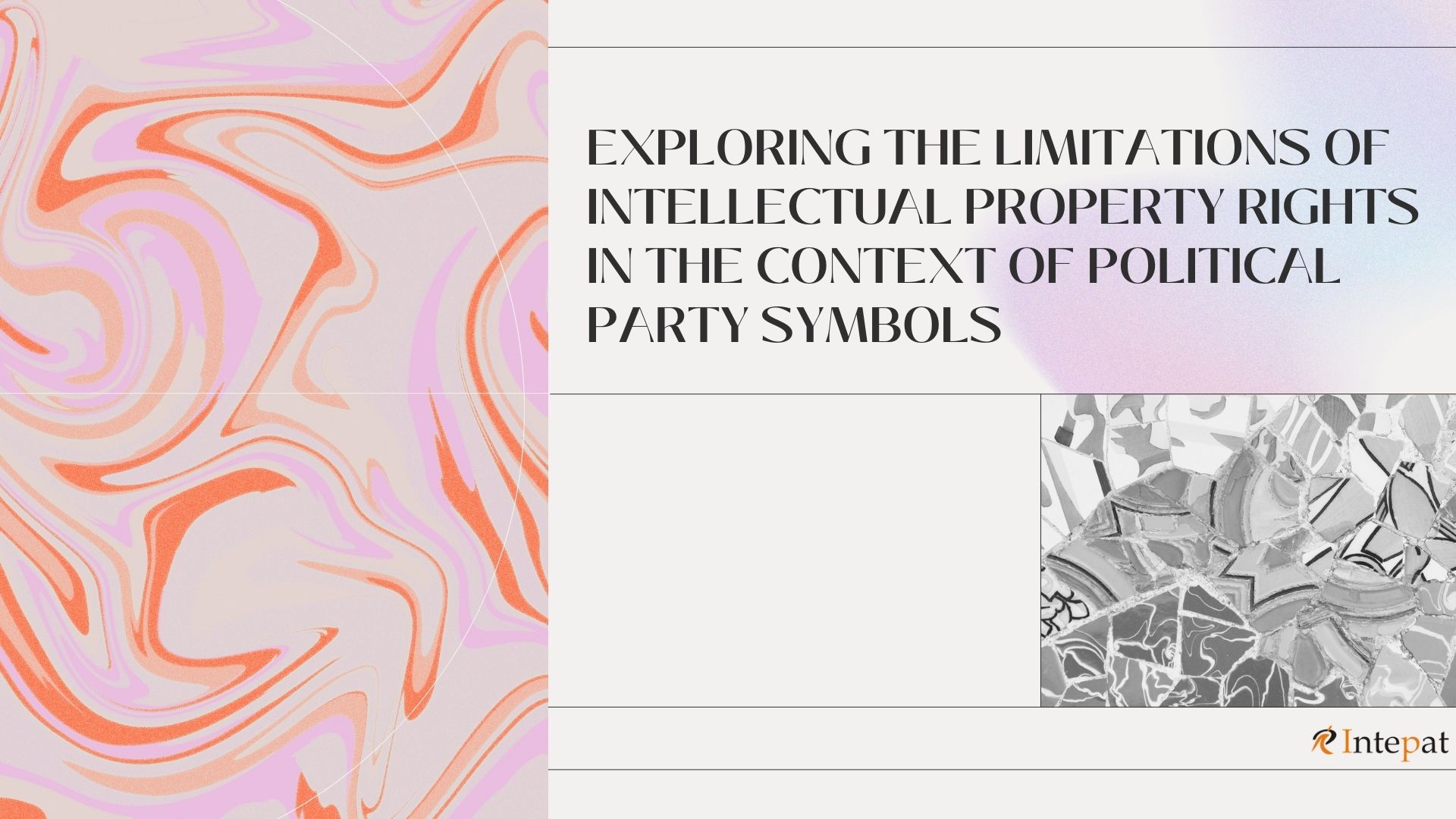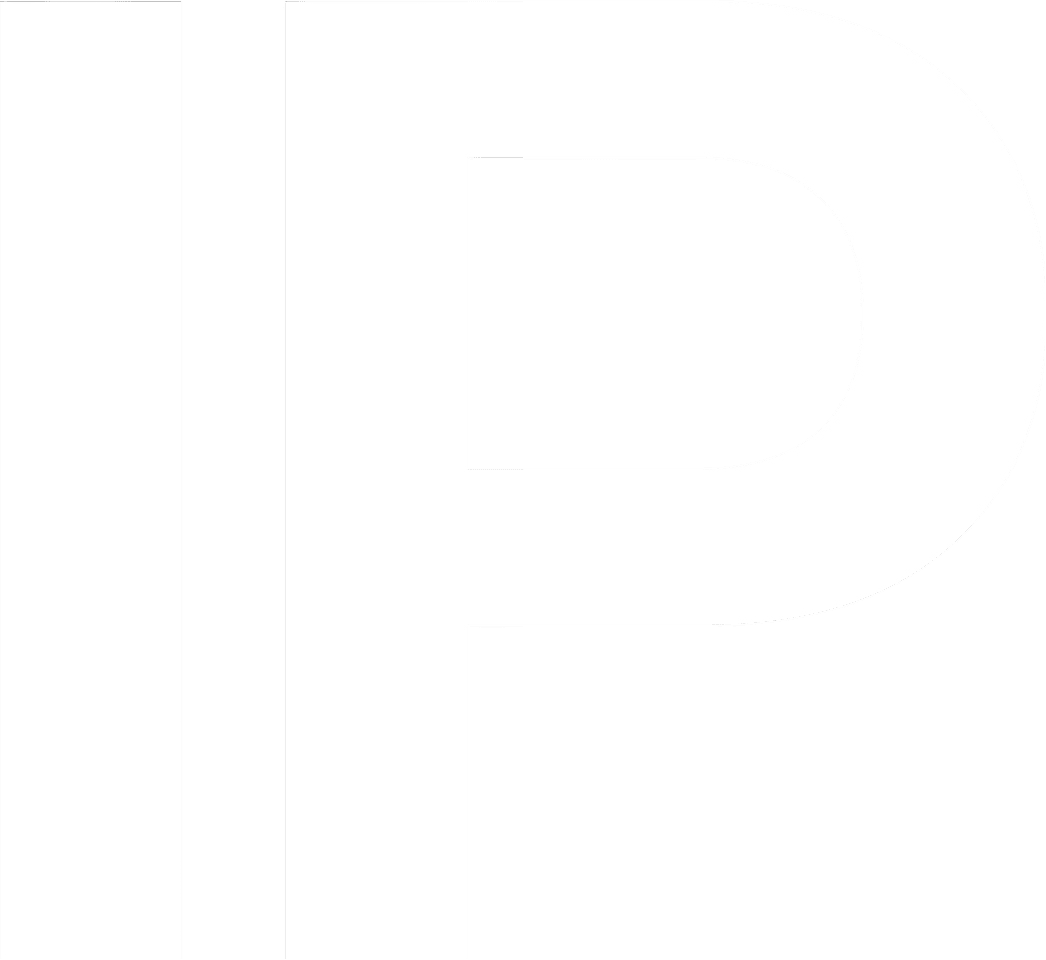Intellectual Property Rights (IPR) are crucial for fostering innovation and protecting the rights of creators and businesses. They encourage creativity by granting exclusive rights to individuals and companies to exploit their creations or inventions. In India, the IPR framework is particularly intricate when it comes to the protection of political party symbols. These symbols, which include logos, flags, and names, hold significant legal and political implications. This article explores the limitations on the use of political party symbols in India, examining relevant case laws and principles under intellectual property law.

Political Party Symbols: Definition and Legal Framework
Political party symbols encompass any insignia, emblems, flags, seals, or names associated with a political party. In India, the misuse of such symbols can violate intellectual property law and laws related to political integrity and public order.
The legal provisions concerning the protection of political party symbols in India are primarily outlined in the following legislations:
- The Trademarks Act, 1999: This Act regulates the registration and use of trademarks in India, including limitations on using political party symbols as trademarks. Section 9(2)(b) bars the registration of trademarks that contain symbols likely to hurt religious sentiments or are scandalous in nature.
- The Emblems and Names (Prevention of Improper Use) Act, 1950: This Act prohibits the use of specific emblems and names, including those of political parties, for commercial purposes without prior approval.
Collectively, these laws establish a framework that safeguards political party symbols from unauthorized commercial use while allowing for limited exceptions.
IPR and Political Party Symbols: A Delicate Balance
Intellectual Property law aims to foster creativity and innovation but also imposes specific limitations, especially relevant in the context of political symbols.
- Distinct Functions of Trademarks: Trademarks are designed to identify and distinguish the goods and services of one entity from those of another, providing legal protection to businesses and encouraging fair competition. They function as indicators of quality and source, helping consumers make informed purchasing decisions. In contrast, political party symbols do not serve a commercial purpose; rather, they represent ideological affiliations and collective values. This fundamental difference in function is a key reason why political symbols do not fit the traditional framework of intellectual property. Trademarks are embedded in the marketplace, designed to generate profit and market differentiation, while political symbols exist within the public sphere to facilitate political expression and participation. By maintaining a clear distinction between the two, we can preserve the integrity of political symbols as tools for democratic engagement.
- Balancing National Interest and the Principle of Non-Proprietorship: The protection of political party symbols underscores the delicate balance between intellectual property rights and national interest. While intellectual property law empowers individuals and businesses to protect and exploit their creations, it also recognizes the importance of safeguarding certain societal elements, such as political party symbols, from private ownership or monopolization. In India, this balance is maintained by restricting the use of political party symbols for private gain, ensuring that these symbols—representing shared values and beliefs—remain collectively owned by the public. Limited exceptions are allowed for public purposes, but the overarching principle of non-proprietorship ensures that symbols of political significance are preserved for the collective interest of the nation rather than for individual exploitation.
- Economic Incentives for Trademark Protection: Trademark protection primarily aims to incentivize businesses to innovate and invest in their brands. By granting exclusive rights to use a mark, the law encourages companies to develop unique products and maintain high standards, ultimately benefiting consumers and the economy. Political party symbols, however, lack this economic impetus. If political symbols were to receive trademark protection, it could lead to the commodification of political identities. This would fundamentally alter the nature of political engagement, reducing political affiliation to a marketable asset rather than a means of expressing ideological beliefs. Such a shift could create disparities in political representation and influence, privileging wealthier parties or candidates who can afford to assert rights over their symbols. In this way, protecting political symbols under trademark law could undermine the core values of democracy and public service.
Judicial Interpretations on the Misuse of Political Party Symbols
The Indian judiciary has played a crucial role in interpreting the laws surrounding the registration and misuse of political party symbols. Several recent rulings have underscored the importance of protecting these symbols and the legal implications of their misuse.
One significant case is Indian National Congress v. Election Commission of India, the Indian National Congress (INC) challenged the registration of a new political party that used a symbol resembling the INC’s hand symbol. The court emphasized the need for distinct symbols for political parties to prevent voter confusion and maintain electoral integrity. It directed the Election Commission to ensure that registered symbols are not misleadingly similar.
Similarly, in the M/s. Bharat Scouts and Guides v. Union of India case, where the Bharat Scouts and Guides challenged the use of their emblem by a commercial entity. The court ruled that emblems and symbols associated with national pride and organizations cannot be used for commercial purposes. The judgment emphasized that such symbols embody collective pride and unity, and their commercialization would undermine their sanctity.
Exceptions and Allowable Uses of Political Party Symbols
Under Intellectual Property laws, political party symbols are generally protected, but there are specific IPR-related exceptions where their use may be allowed:
Trademark law allows for the “fair use” of political party symbols when the use is descriptive, non-commercial, and does not imply any endorsement by the political party. Further, Section 9 of the Trademarks Act, 1999 provides that political party symbols may be used as trademarks in cases where the political party itself grants licensing. This is rare and typically limited to specific party-affiliated organizations that are authorized to use such symbols for official purposes.
Additionally, educational institutions may use political party symbols in the context of political science studies or national celebrations, provided the usage is in accordance with the guidelines prescribed by law. Similarly, certain artistic representations of political symbols are allowed, provided they do not distort or disrespect the symbol. This exception is often invoked in cases involving works of art or literary expressions that incorporate political symbols in a manner intended to promote awareness and education about political identities.
In all cases, the purpose, context, and non-commercial nature of the use are key factors in determining whether these exceptions apply under IPR.
In conclusion, the use of political party symbols in India is tightly regulated under both intellectual property laws and specific statutes aimed at preventing their improper use. The protection of political party emblems, flags, and other insignia is essential to preserving the integrity and identity of political parties. While intellectual property rights grant broad protections to individuals and businesses, these rights are not absolute when it comes to political party symbols. Case law and statutory provisions highlight the limitations on their use, ensuring that these symbols remain free from commercial exploitation.
The judiciary has consistently upheld the sanctity of political party symbols, ruling against their unauthorized use in trademarks and other commercial contexts. This reflects the delicate balance between private intellectual property rights and the collective political interest, with the latter taking precedence in cases involving symbols that represent political entities. The legal framework in India thus reinforces the need to protect political party symbols, while still allowing limited exceptions for educational, artistic, and non-commercial uses, thereby ensuring that these symbols continue to embody the party’s values and identity.
Written by Sarren Muhil, an assessment intern at Intepat IP.
